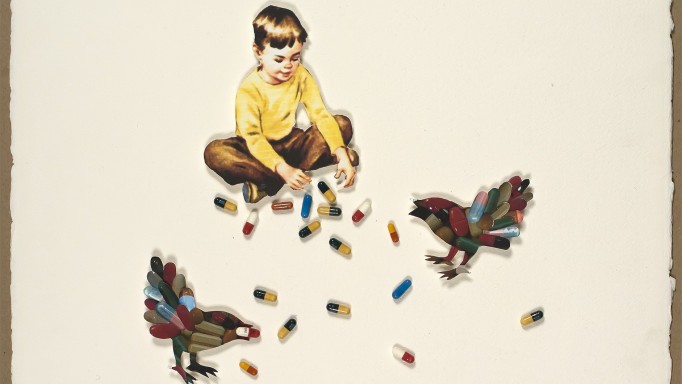4. Be a Mentor
Conduct your HIV advocacy on an even more personal level by joining a support group or becoming a one-on-one mentor for other HIV-positive people. For a lot of people, an HIV diagnosis can be very scary and isolating. Showing the newly diagnosed the ropes of how to access essential services, such as signing up for health insurance, joining clinical trials and securing housing or other supportive services can help them live better with HIV.
“We’re always looking for people who are well-trusted or well-known in the community who themselves have gone through this health condition or are dealing with some of the other social barriers that affect linkage to and retention in care,” says Charles.
Plus, talking to others about your issues around things like HIV treatment, side effects, adherence, dating, family and the dozens of other challenges with the virus you may be experiencing day-to-day will probably help you too.
To become involved in a mentoring or peer group, Charles suggests linking up with your local CBO. Sharing information and support online, via forums or virtual support groups, can also help make a big difference. Or reach out to HIV-positive friends directly just to make sure they know they are not alone.
Click here to learn more about why peer support is so important for people living with HIV.










